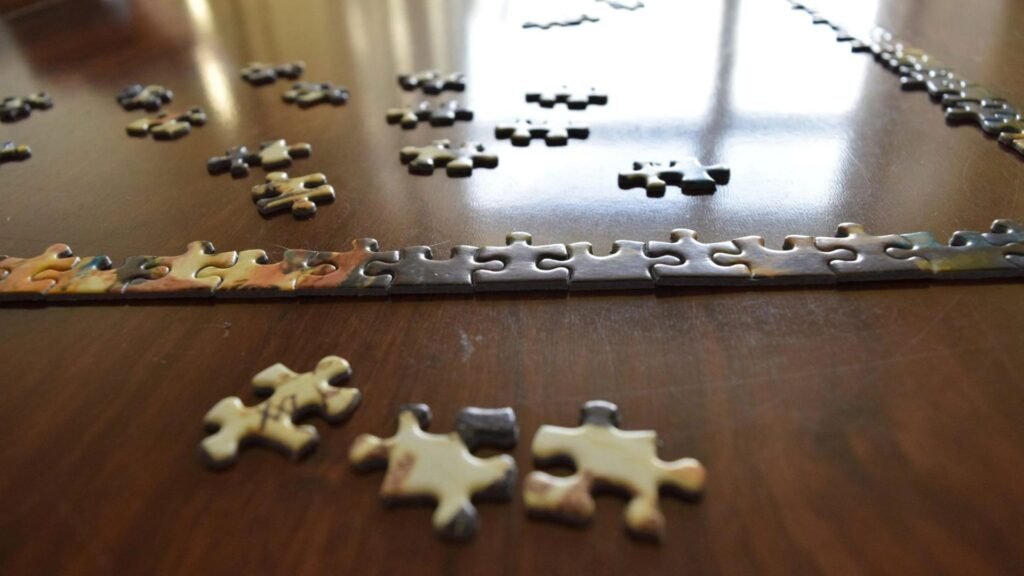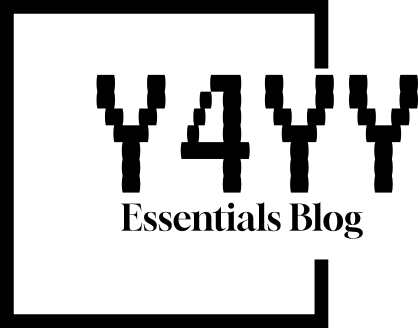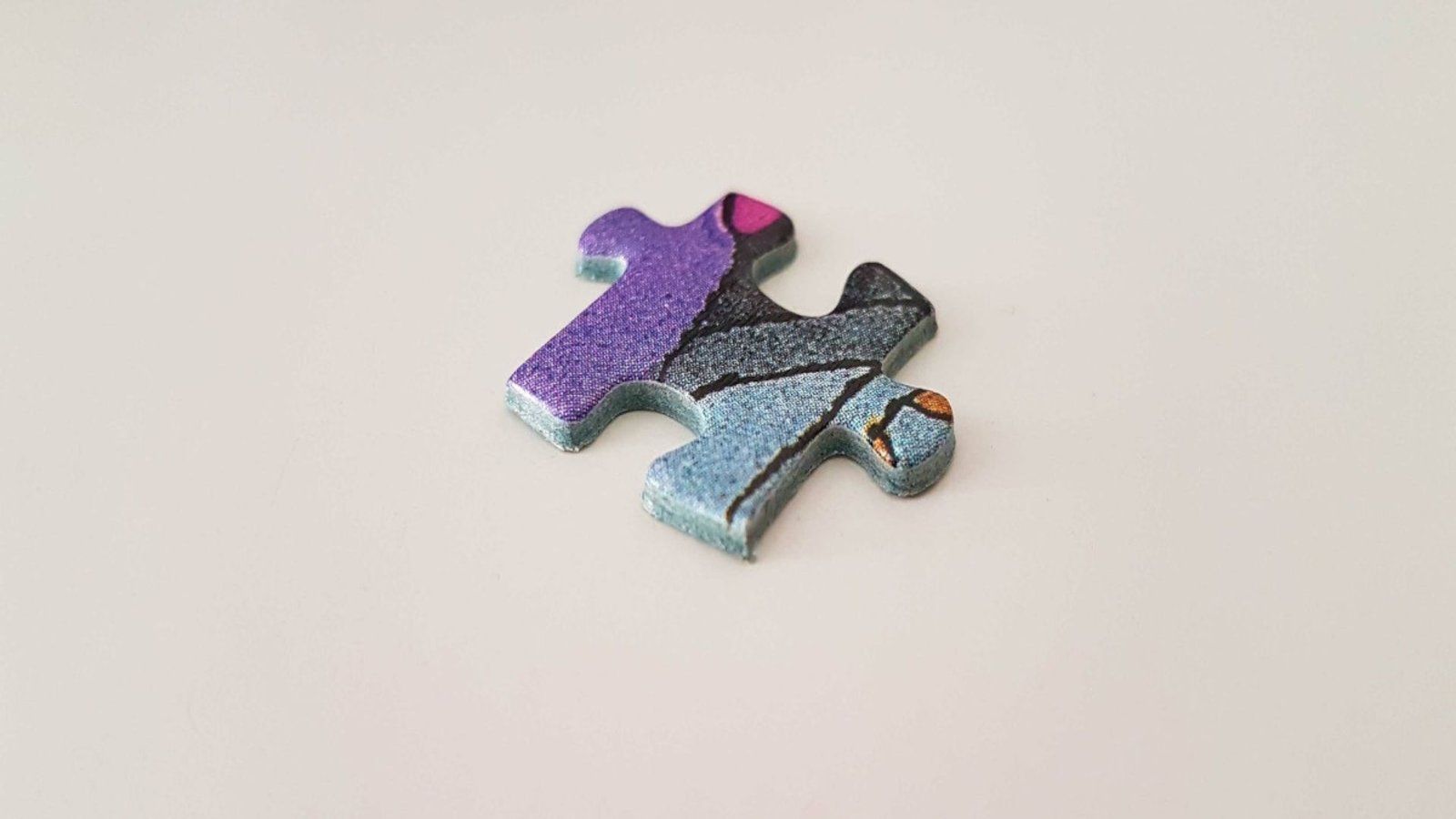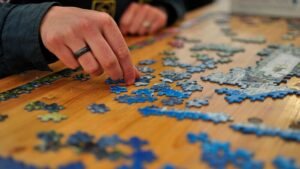Puzzle competitions are an exciting way to showcase your skills, whether you’re solving jigsaw puzzles, Rubik’s cubes, or logic-based challenges. However, competing at a high level requires more than just natural talent—it requires focused training, preparation, and strategy. This guide will walk you through a step-by-step process to help you prepare for your next puzzle competition, ensuring that you perform at your best when the time comes.

Understand the Competition Format
Research the Rules
Before you begin preparing, it’s essential to understand the specific format and rules of the puzzle competition you’re entering. Different puzzle types require different approaches:
- Jigsaw Puzzle Competitions: These competitions often focus on speed and accuracy, with participants racing to complete a large puzzle in the shortest time.
- Speedcubing (Rubik’s Cube): Here, participants solve a cube as quickly as possible, usually following standardized methods like CFOP (Cross, F2L, OLL, PLL).
- Logic and Brain Puzzles: These events often test your problem-solving abilities under time constraints, requiring quick thinking and analytical skills.
Knowing the format helps you tailor your preparation to meet the competition’s specific demands.
Set Clear Goals and Create a Training Plan
Break Down Your Training
To prepare effectively, set specific, measurable, achievable, relevant, and time-bound (SMART) goals. Identify the areas where you need improvement and structure your practice sessions around those areas. Here’s how to create a training plan:
- Skill Assessment: Start by assessing your current skill level in the type of puzzle you’ll be competing in. Are you a beginner or more advanced? Knowing this helps you set realistic goals.
- Focused Practice: Dedicate time to mastering the specific techniques required for your puzzle type. For example, if you’re speedcubing, focus on learning the CFOP method and improving finger dexterity. For jigsaw puzzles, focus on sorting strategies and edge assembly.
- Timed Practice: Incorporate timed sessions to improve speed. Record your progress and aim to improve each time you practice.
Consistency is key—set aside regular time each week to practice, especially as the competition date approaches.
Master Puzzle-Specific Techniques
Speedcubing Tips
If you’re training for a Rubik’s Cube competition, your focus should be on:
- Algorithm Memorization: Memorize key algorithms for each stage of solving the cube. Learn how to execute them quickly and efficiently.
- Finger Tricks: Practice finger movements to reduce time between moves. This makes solving faster and smoother.
- Solve with Blindfolds: To challenge yourself, try solving the cube blindfolded or solve it faster using advanced methods.
Jigsaw Puzzle Tips
For jigsaw puzzle competitions:
- Edge First Approach: Always start with the edges. This gives you a framework to work with and helps you visualize the bigger picture.
- Piece Sorting: Sort pieces by color, edge type, and pattern. This makes finding the right pieces faster when assembling the puzzle.
- Sectional Strategy: Work in sections rather than trying to complete the whole puzzle at once. Focus on completing one area, then move on to others.
Logic Puzzle Tips
In logic-based puzzle competitions:
- Pattern Recognition: Practice identifying patterns and making logical deductions quickly.
- Practice Problem Solving: Work through puzzles like Sudoku, nonograms, or math challenges under time constraints to improve your mental agility.
- Stress Management: Logic puzzles often come with time limits. Practice staying calm and focused under pressure to avoid making mistakes.
Simulate Competition Conditions
Time Your Practice Sessions
One of the best ways to prepare is by simulating the actual competition conditions. Set time limits and work under pressure:
- Timed Sessions: Use a timer during practice to simulate real-time competition pressure. Try to solve the puzzle in the same amount of time allowed during the competition.
- Multiple Rounds: If possible, simulate multiple rounds of different puzzles to practice transitioning between them efficiently.
- Compete Against Others: If you can, practice solving puzzles alongside other people. This helps you get used to the competitive atmosphere and adds an element of pressure.
Adapt to Mistakes
Expect to make mistakes during your timed practice sessions. Learn how to stay calm and refocus when things don’t go as planned—this will help you handle mistakes during the competition without losing valuable time.
Conclusion
Preparing for a puzzle competition takes time, dedication, and strategic planning. By understanding the competition format, mastering puzzle-specific techniques, practicing under timed conditions, and preparing mentally and physically, you’ll be well on your way to success. Remember that consistency and focus are the keys to improvement. With the right mindset and preparation, you can confidently face any puzzle challenge and perform your best when it matters most.



